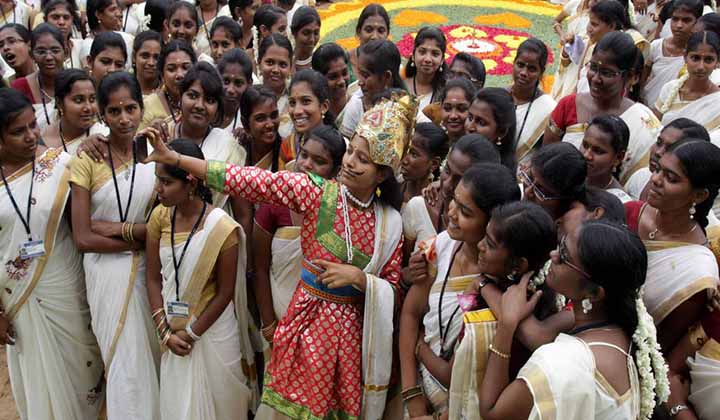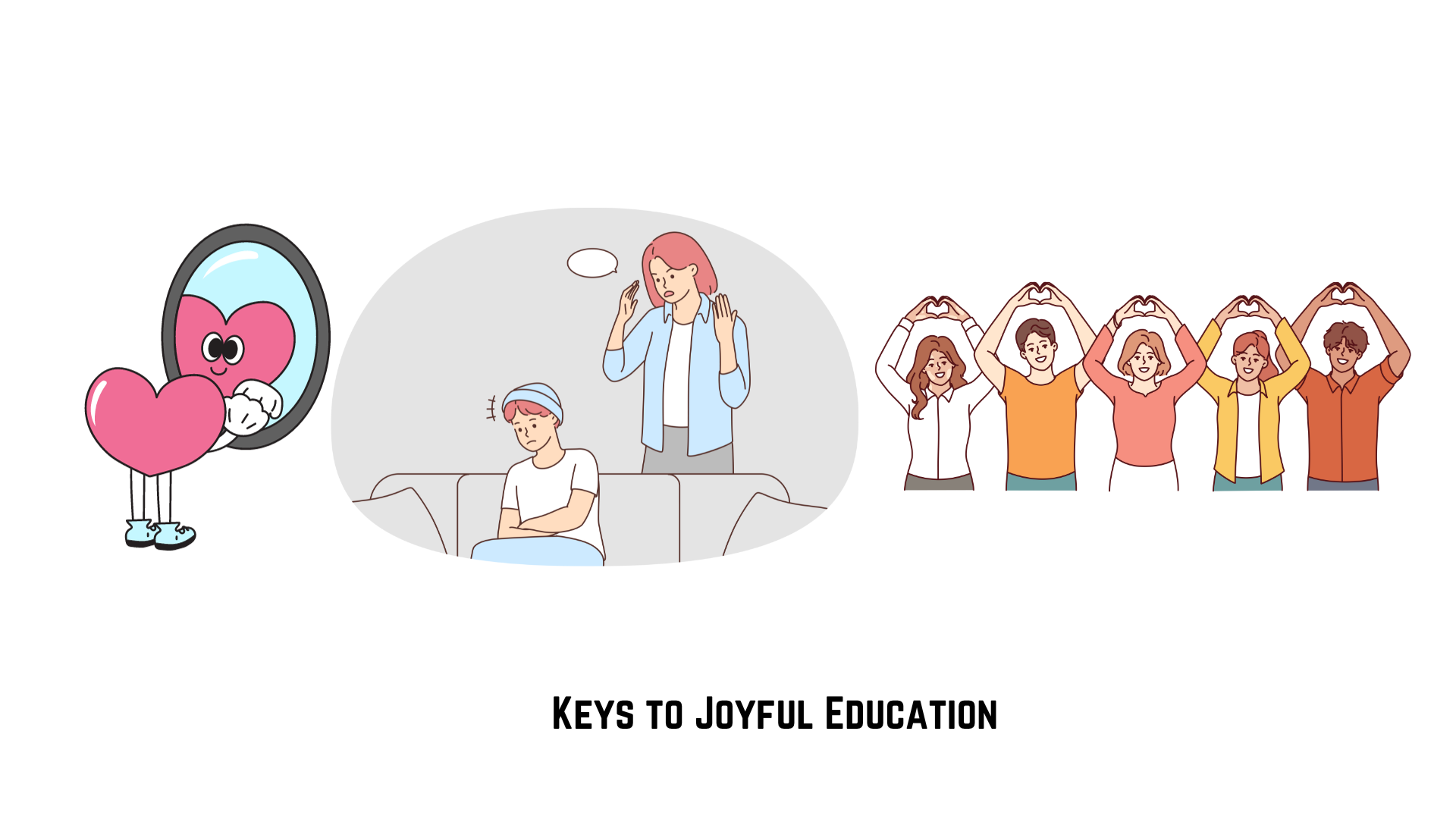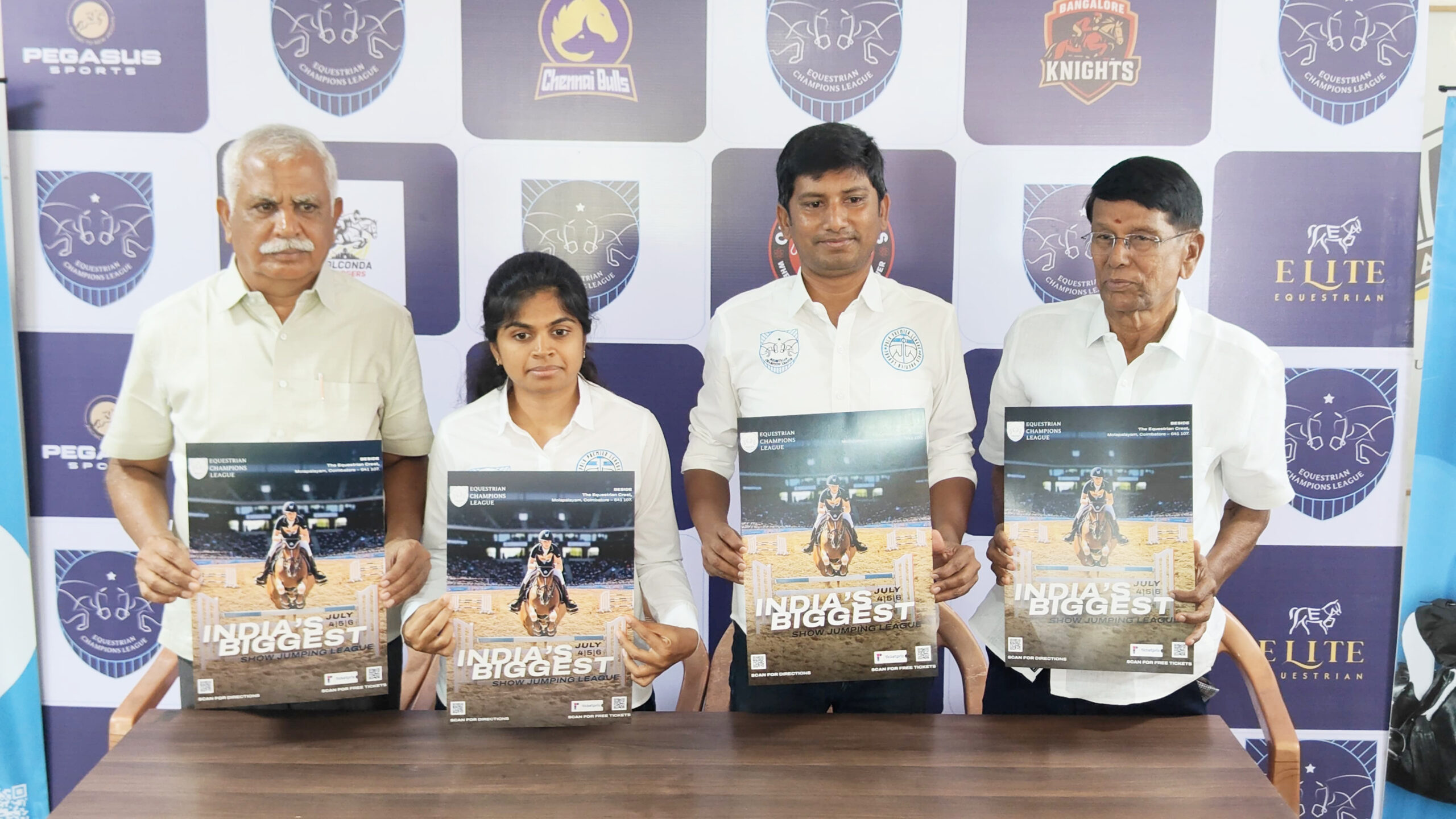Trending Now
- “If Edappadi Palaniswami permits, a thousand young members from the Virudhunagar district AIADMK are prepared to take up arms and engage in battle under my command.” – Former AIADMK Minister Rajendra Balaji
- “India is ready to deal with any counter-attack by Pakistan” – Wing Commander Vyomika Singh
- Central govt orders extension of CBI Director Praveen Sood’s tenure for another year
Columns
Was Mahabali sent to hell? A debate simmers in Kerala over Onam’s origin myth
![]() September 13, 2016
September 13, 2016
The Malayali harvest festival of Thiru Onam on September 14 marks the end of the growing season. This traditionally heralds the annual visit of Mahabali, an Asura king, banished to patal (the underworld) by Vamana (the fifth incarnation of Vishnu).
Yet this year, an argument over the significance of Onam has laid bare the fissures in contemporary Malayali society.
While the Rashtriya Swayamsevak Sangh and its affiliates want to turn Onam into Vaman Jayanti, a celebration of Vishnu (one of the holy trinity that epitomises Brahmanical Hinduism), Dalit intellectuals and activists read the origin myth as the murder of a Dalit king who opposed the caste system. Meanwhile, a Muslim preacher has exhorted his followers to stop celebrating the harvest festival on the grounds that it celebrates polytheism.
The killing of Mahabali
“Vamana is no god. He is the fascist, the murderer who has made Kerala casteist,” read posters on the streets of Thiruvananthapuram.
Dalit organisations have denounced Onam in the past as well.
“Mahabali brought equality, fraternity and liberty,” said Dr MB Manoj, author and Dalit rights activist. “So Dalits and tribals see Onam as a day on which one of their kings was killed. Later, the upper caste people brought the natives (tribes) into lowest level of the caste system. As a result Onam also marks the day when slavery and caste system were introduced in the Kerala society.”
Meanwhile, in the Onam special issue of RSS mouthpiece Kesari Weekly, K Unnikrishnan Namboorthiri, a professor of Sanskrit at the Government Sanskrit College, cited the Srimad Bhagawatham to claim that Onam was originally celebrated as Vamana Jayanti.
“Vamana didn’t send Mahabali to hell,” he wrote. “On the contrary, the ruler was honourably rehabilitated to a place which is more comfortable than heaven.”
Namboothiri has claimed that since Kerala did not exist during the time of Mahabali, he could not have ruled this land.
“Parasurama, the sixth avatar of Vishnu, reclaimed Kerala from sea and gave it to the Brahmins,” he wrote in his hotly debated article for Kesari Weekly. “Since Vishnu was yet to manifest as the Parasurama avatar at the time, Mahabali couldn’t have ruled this land.”
Namboorthiri has also found objection with the depiction of Mahabali as a portly, kind, moustachioed man, holding the traditional palm leaf umbrella, and Vamana as a diminutive Brahmin.
“It is an attempt by vested interest to distort the mythical stories and paint in poor light the characters of Hindu Puranas,” the writer fumed.
The state president of the Hindu Aikya Vedi (Hindu Unity Front), KP Sasikala, agreed with Namboothiri.
“Vamana freed Kerala from the imperialist ruler Mahabali,” she said. “He should be hailed as a freedom fighter.”
Dr NR Madhu, chief editor of Kesari Weekly and an RSS Pracharak, said the article by Namboorthiri was originally published to counter communist historians who distorted myths and legends.
“The article aims to educate Hindu community about the actual legend of Onam,” he said, “we consider Mahabali as a great person. Srimad Bhagawatham never said that Vamana sent Mahabali into netherworld. In fact, Vamana protected Mahabali.”
“We would continue our efforts to expose Marxist historians,” he added.
Polytheist problem
Shamsuddin Palath, a Salafi preacher, exhorted Muslims not to participate in festivals like Onam and Christmas. Palath said both celebrations have elements of polytheism, and are “haram”.
“You may say that Onam is a harvest festival but at the core there is a Hindu myth,” he said. “Similarly, believing that Allah had a child in the form of Christ is the most abhorrent belief in Islam.”
However, Malayalam writer and activist, Mohiyuddin Nadukkandiyial Karassery, disagrees with Palath’s views.
“There is nothing wrong in participating in a social festival like Onam,” he said. “When you live in a society you have to have a social sense.”
Karassery believes it is the duty of Salafists to counter people like Palath.
“They are capable of commenting on various issues under the sun, including burqa, and polygamy,” he added, “then why are they not responding to comments from ignorant people like Palath?”
‘Onam for all’
Malayalam novelist CV Balakrishnan says he is pained by he attempts to appropriate and distance communities from a harvest festival that had become symbolic of Kerala’s cultural identity.
“The Salafi preacher who spoke against Onam, and the RSS which plans to make the festival Vamana Jayanti are two sides of the same coin,” he said, “Both are trying to inject venom in the society.”
Balakrishnan does not want to celebrate Onam as Vamana Jayanti, and says he would continue to celebrate Onam simply as Kerala’s own festival.
“It is a festival of all religions,” he said. “I hope the legend will continue forever.”






















